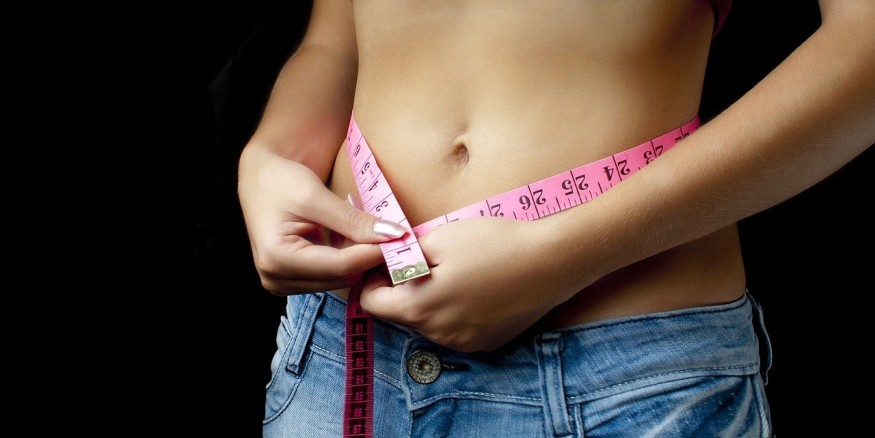Fat freezing has been gaining popularity in recent years as a means to lose weight, but it does not come without risks. Supermodel Linda Evangelista recounts her experience with CoolSculpting that allegedly left her "brutally disfigured" after undergoing the procedure.
But how does fat freezing works? What could be the possible side effects and risks that Evangelista experienced after undergoing several procedures from CoolSculpting?

How Does Fat Freezing Work?
CoolSculpting, also known as fat freezing, has grown in popularity in recent years as it offers a non-surgical way to destroy stubborn adipose tissue and rid it from the body.
According to its website, CoolSculpting® and CoolSculpting® Elite are certified by the US Food and Drug Administration (FDA) as safe medical procedures. It uses the non-surgical fat reduction method called cryolipolysis to destroy visible fat bulges that cannot be rid of through diet or exercise alone.
These fatty bulges tend to be located under the chin (submental) and the jawline (submandibular) areas, in the thigh, abdomen, flank, bra fat, back fat, upper arm, and underneath the buttocks. In addition, FDA has also cleared CoolSculpting to affect the appearance of lax tissue with submental area treatments.
But CoolSculpting noted that the procedure is not for everyone and is not suitable for obese people because it is not a treatment for weight loss. There could be side effects and risks involved when undergoing this procedure.
Risks and Side Effects of Fat Freezing
Healthline reported that during the fat freezing procedure, a roll of fat is placed between two cooling panels that might create a tugging or pulling sensation at the treatment site. Patients must endure this for the entire duration of the procedure that usually takes one to two hours.
Other side effects of CoolSculpting are pain, stinging, and aching at the treatment site. Patients might experience this two weeks after the treatment because the adipose tissue has been subjected to extremely low temperatures. A 2015 study showed that pain from post-treatment usually lasted for three to 11 days and went away on its own.
Aside from the aching and stinging sensation, temporary redness, swelling, bruising, and skin sensitivity that usually goes away after a few weeks were also reported. The cause is exposure to low temperatures similar to frostbite, but in this case, the fatty tissue beneath the skin is targeted. Although this does not mean that CoolSculpting can cause frostbite.
Lastly, a very rare but serious side effect is known as paradoxical adipose hyperplasia (PAH). Recently, ABC News reported that supermodel Linda Evangelista is suing Zeltiq Aesthetics, the maker of CoolSculpting, for $50 million. She claims that it has left her "brutally disfigured," which caused her emotional distress and unemployable.
Evangelista has suffered from PAH, wherein fat cells in the treatment site grow larger rather than smaller. The mechanism behind PAH is not well understood, and unfortunately, it does not disappear on its own.
Check out more news and information on Weight Loss in Science Times.
© 2026 ScienceTimes.com All rights reserved. Do not reproduce without permission. The window to the world of Science Times.











